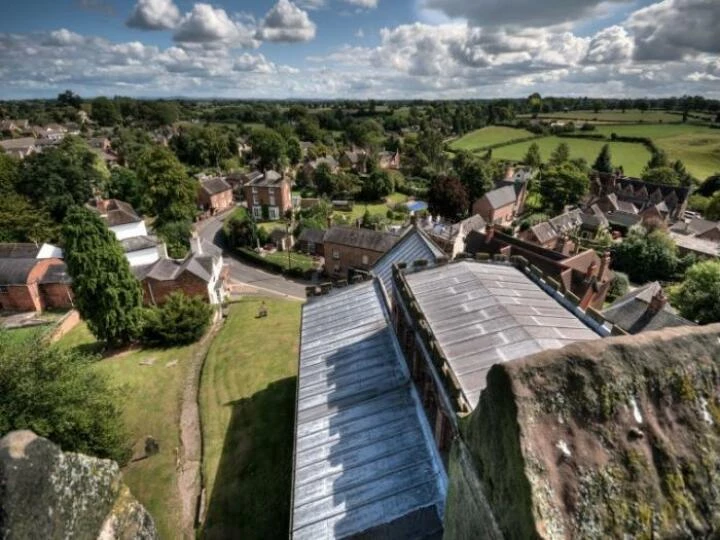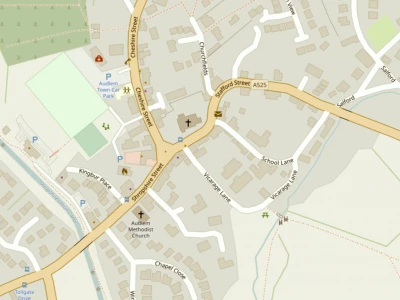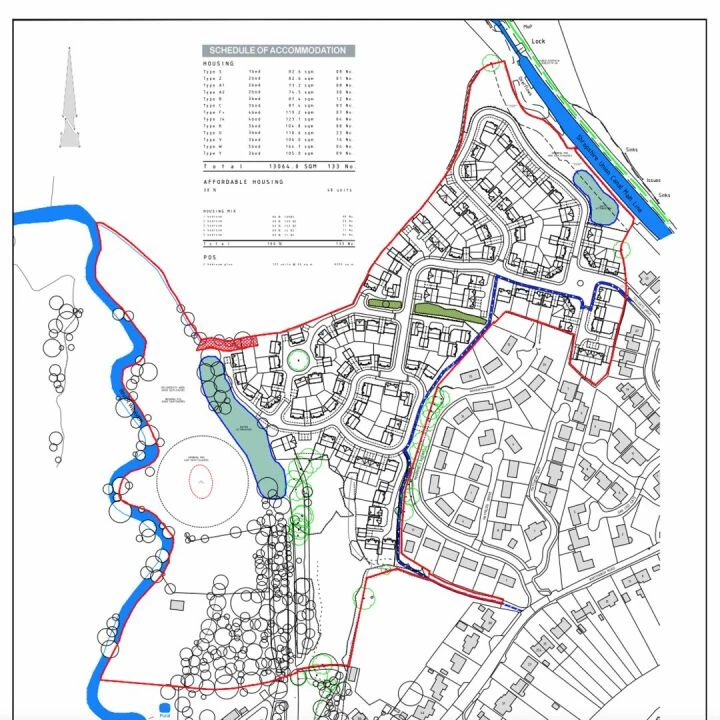
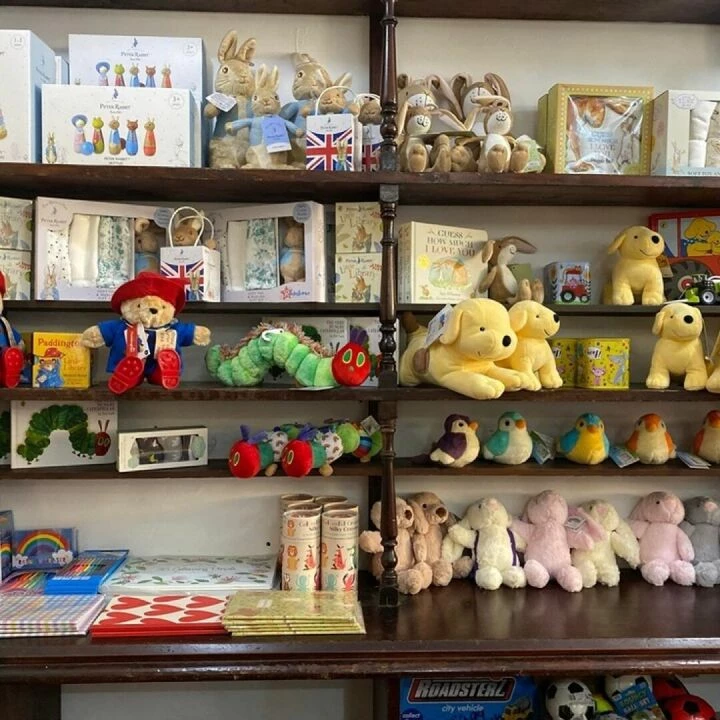
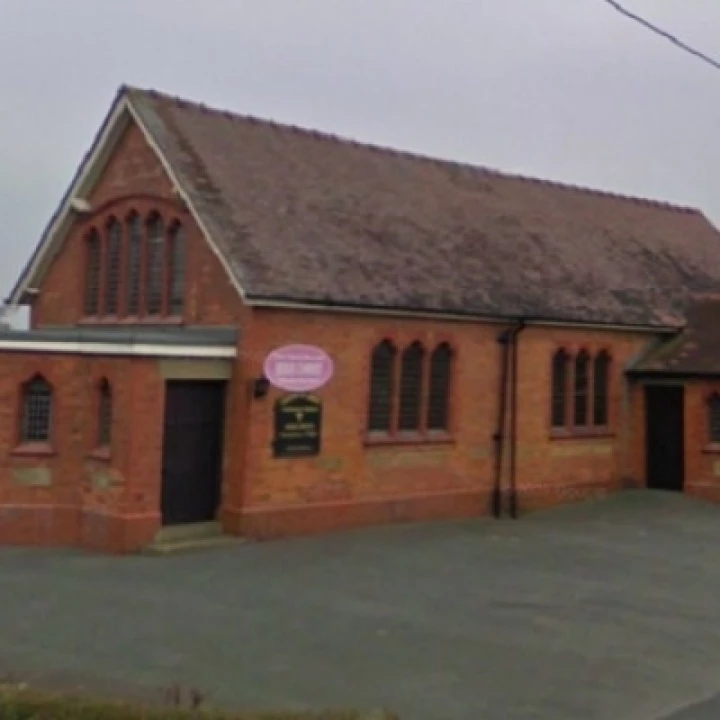
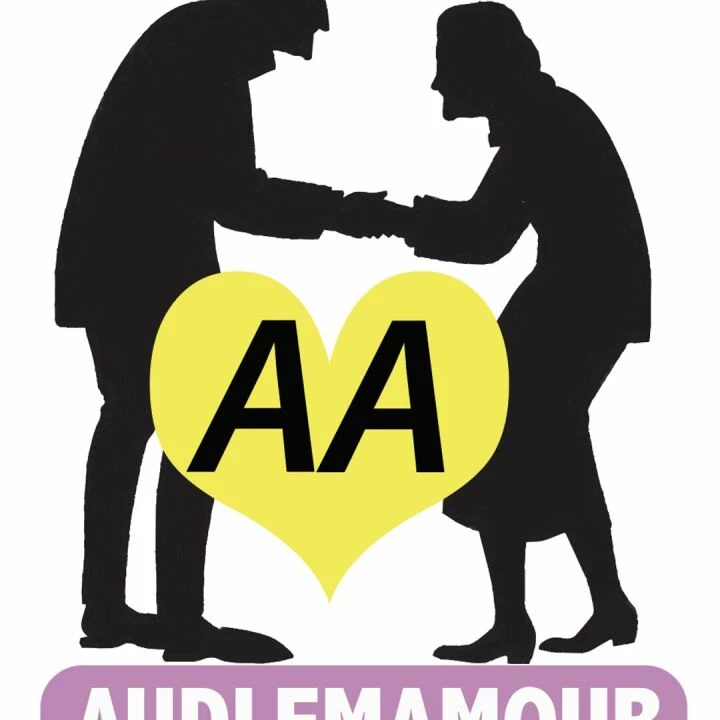
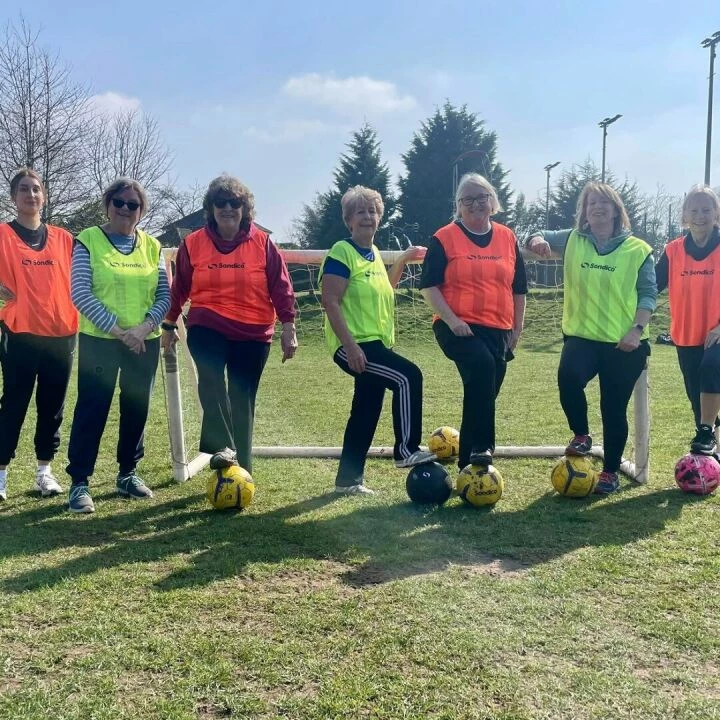
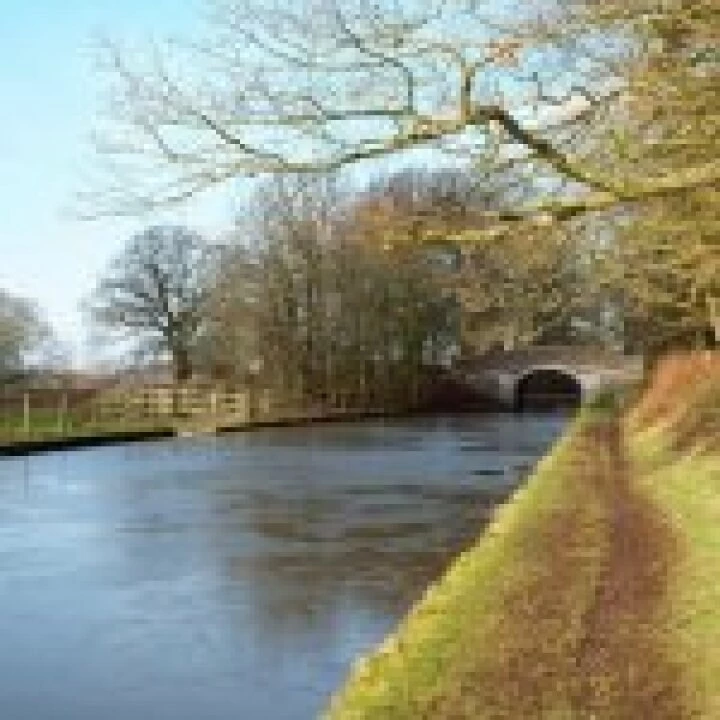
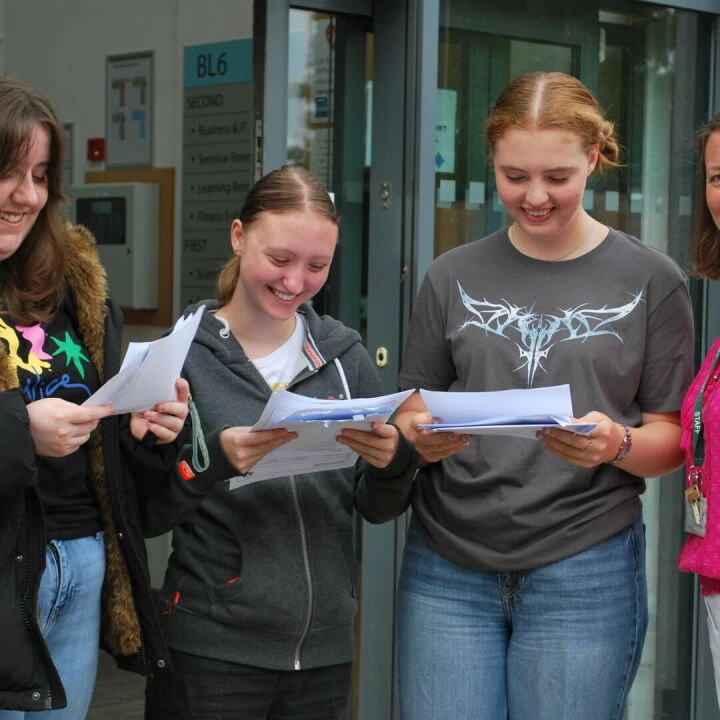
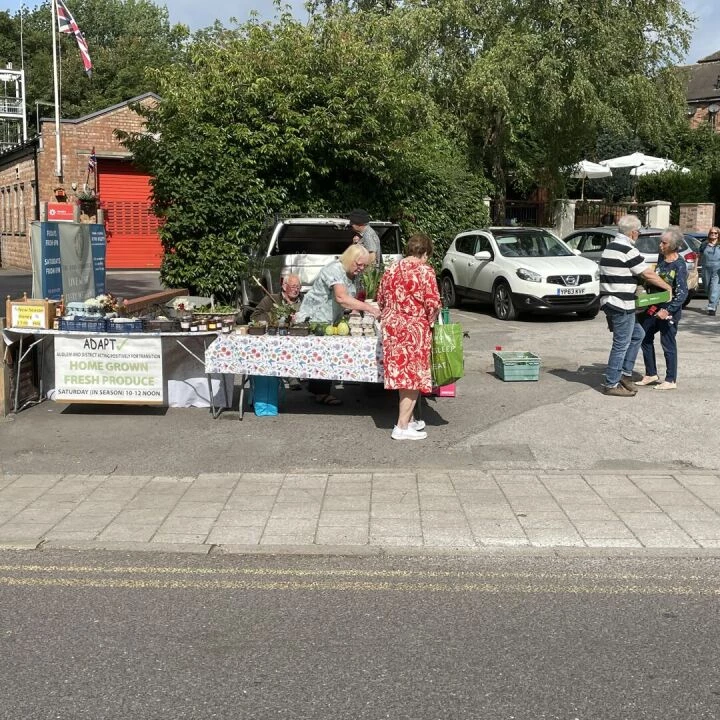
Audlem resident Harry Knapper has told AudlemOnline the story of his father, also called Harry, as World War One broke out.
Harry Senior joined up with the 1st & 2nd Batteries, Royal Field Artillery, Cheshire Regiment Territorials on the outbreak of the war and on 5th August 1914 set off – exactly one hundred years ago today – from Crewe to Wellington via Whitchurch, stopping at Hankelow to water the horses.
At Whitchurch, where he was billeted at the Black Bear, he had his horse groomed. As the Battery was charged for this, he found himself facing the wrath of his sergeant-major who galloped down the High Street, screaming: "Knapper, what are you doing?" (expletives deleted).
First 'Casualty'
The verbal lashing that followed was, it is said, so severe that colleagues reckoned Harry Snr was the first Cheshire casualty of the war!
Harry Knapper Snr then served in France and fought at the Battle of the Somme in 1916, yet survived, before being shipped to Egypt that year to fight in the Palestine campaign under General Allenby.
At the famous Battle of Beersheba on 31st October 1917, Harry Knapper, still with the artillery, was told to liaise with the Australian Light Horse as his guns would be providing artillery support to the Australians who were to charge the ridge held by the Turks. This defensive position was preventing the Allies taking Jerusalem.
Harry was told to report to the Australians spick and span with all harnesses and his uniform gleaming. Imagine his surprise when he was met by a scruffy, unshaven Australian trooper. Harry politely commented that the Australian's horse was ungroomed and bridle etc was rusted and that he had been told to make sure all on his horse was gleaming.
The Australian replied: "When the horse complains, I'll clean the bastard!"
Glint of bayonets
The Australian Light Horse was, in effect, mounted infantry and Harry saw the glint of bayonets as they lined up to charge the Turkish trenches, guarded by barbed wire and machine guns. The first line of horses literally took the barbed wire down and fell into the trenches with the second wave crashing over the casualties to cut down the Turkish defenders.
When Harry visited the site of the battle later, he found all the Turks had been killed by clubbing or bayonet with only one victim actually shot.
After losing a thumb, and by a whisker, almost his head to a sniper, Harry Snr transferred to the Royal Flying Corps which a year later in 1918 was to become the RAF.
The result is an array of medals that Harry Senior Jnr still has to remember his father by, covering the Artillery, RFC and RAF.
Being shipped home as the war finished, coincidentally on his birthday, November 11th 1918, riots broke out in India, the ship was turned round and Harry was in the Punjab peace-keeping until late 1920. He only returned home then after his father wrote to Winston Churchill.
Back to War
Nineteen years later, on 3rd September 1939, Harry Snr was back in uniform, now aged 45, and he marched through Willaston to the local station, his wife and young Harry Knapper Jnr in tears as their husband and father was off to fight again.
He was in the first wave of the BEF in France and it was feared he had been killed or made prisoner when he wasn't amongst those that escaped at Dunkirk. A week later, however, he was evacuated by the Royal Navy from St Malo where he had escaped to.
He was eventually demobbed in 1945 at the age of 52. Fortunately, this time he wasn't dispatched to India as troubles broke out there again!
But he was able to add WW2 'Engineers' medals to his collection from WW1.
This article is from our news archive. As a result pictures or videos originally associated with it may have been removed and some of the content may no longer be accurate or relevant.
Get In Touch
AudlemOnline is powered by our active community.
Please send us your news and views using the button below:
Email: editor@audlem.org

